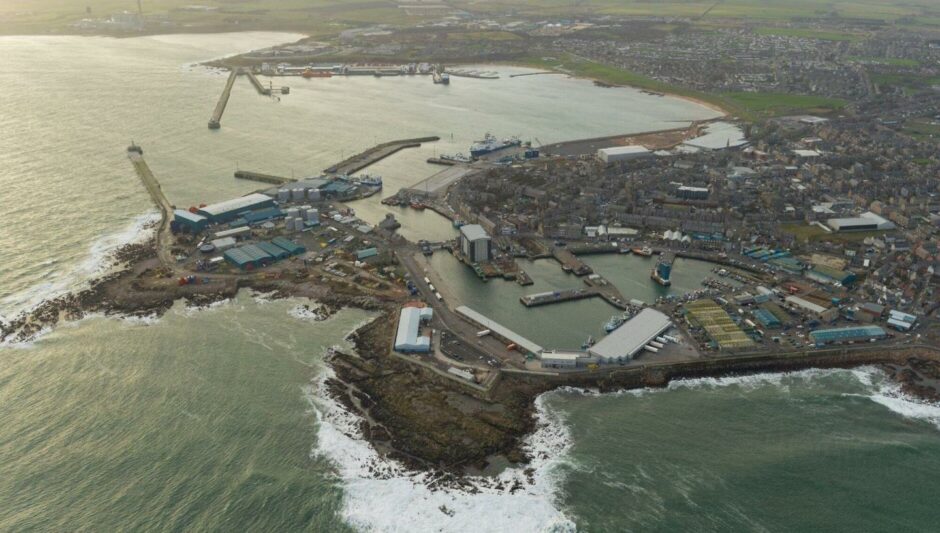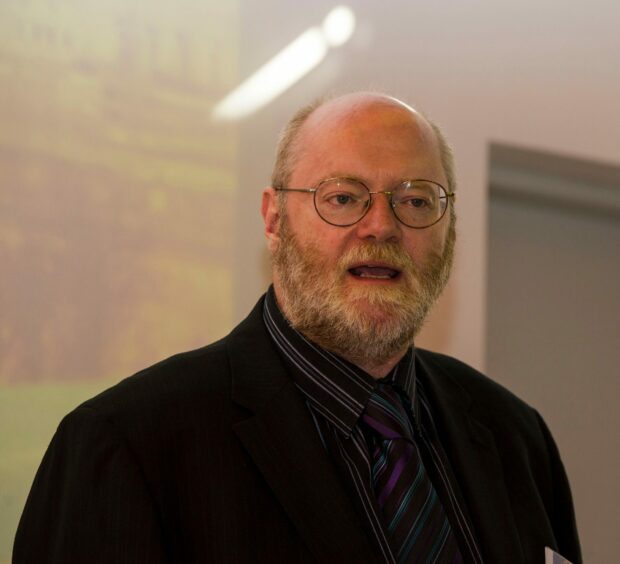
Scottish Government ministers must make a “quick decision” on carbon capture if it can meet its net zero ambitions by 2030, independent advisers at the Climate Change Committee (CCC) have said.
In a new report report on Scotland’s progress against its low-carbon commitments in the wake of COP26, the influential committee urged Holyrood to fund its own “decarbonisation solutions” as well as work with the UK government to ensure carbon reduction projects are implemented across the UK.
The advice comes after Westminster astonished many when it chose to splash £1 billion on carbon capture and storage (CCS) projects in the North of England instead of one, known as Acorn, in Scotland around Peterhead.
The UK Government’s decision to snub the north-east’s Scottish Cluster bid was seen as another broken promise for a region continuously told it should play a crucial part in the shift from fossil fuels.
Can CCS help meet targets?
The decision not to include the Acorn carbon capture and storage project in the north east in the first phase of works “raises important questions” about whether such technology can be developed in time to help meet the 2030 target, the CCC report said.
The Scottish Government’s updated climate change plan had looked to Acorn to achieve a “substantial contribution”, the CCC said, adding that ministers now “must make a quick decision on whether to continue to plan for removals to contribute to the 2030 target or to change course”.
In addition to this, Scottish ministers may need to work with Westminster to “deliver special decarbonisation solutions” ahead of them being implemented across the UK.
Policy ‘not devolved’
The CCC noted: “The Scottish Government has made ambitious commitments in some areas that require going ahead of the UK-wide path, often in areas where policy is not clearly devolved to Scotland.
“Following on from the recent publication of the UK net zero strategy, an agreement is needed as a matter of priority for the Scottish and UK governments to work together to deliver specific decarbonisation solutions in Scotland ahead of other parts of the UK, to meet the faster deployment required in Scotland this decade.
“In effect, the rollout of many solutions will have to begin in Scotland before moving south. This may require the Scottish Government to complement UK-wide funding schemes with its own funding.”
Friends of the Earth Scotland’s director Richard Dixon said the report meant the Scottish Government needs a “plan B” without the Acorn scheme as it renders carbon capture as part of a net zero plan a “pipe dream”.
He said: “In particular the CCC echo calls from the Scottish Parliament to have a plan B to make up for the fact that carbon capture is not looking likely to deliver emission reductions.
“With the one potential carbon capture site in Scotland recently failing to attract any UK finance, the Scottish Government needs to give up on this pipe dream and instead concentrate on scaling up renewable energy and improving energy efficiency in our buildings and in industry.”
Legislation already passed by Holyrood commits Scotland to achieving a 75% reduction in emissions by 2030 but the CCC said in its latest report that “although a broad set of policies and proposals have been announced, there is still relatively little detail on exactly how committed public funding will be spent and how emissions will be reduced in practice”.
The report warned meeting the target for reducing greenhouse gas emissions in the 2020s would be “very difficult ….even with the strongest climate policies”.
Ambitions falling short
While the CCC hailed the Scottish Government for its “laudable ambitions” – such as the pledge to reach net zero emissions by 2045, five years ahead of the UK target – it noted that Scotland missed its emissions target in 2019.
It added: “A comprehensive, detailed policy framework must now be completed for decarbonisation in Scotland, so the focus can be on implementation and delivery of real-world progress in reducing emissions at the necessary rate.
“Progress must also be monitored closely, and policy corrected as appropriate, to ensure that delivery stays on track.”
CCC chairman Lord Deben said: “Scotland’s successful hosting of COP26 makes it particularly important for the Scottish Government to respond to the new Glasgow Climate Pact and show how serious it is about delivering net zero.
Major changes needed
“Strategies alone won’t reduce emissions. Major changes are needed across the Scottish economy, requiring lasting, systemic action in most sectors.
“Clarity and transparency on policy, supported with detail on how these policies will be delivered has been lacking. My committee cannot assess future progress without this vital assurance.”
Recommended for you

 © Ger Harley / StockPix
© Ger Harley / StockPix